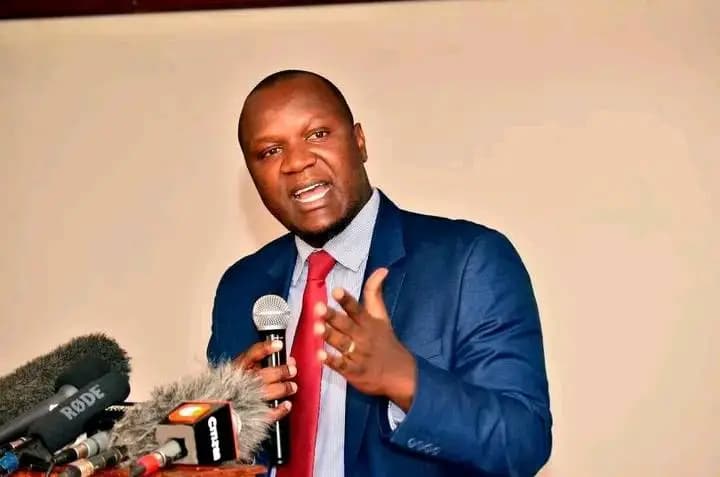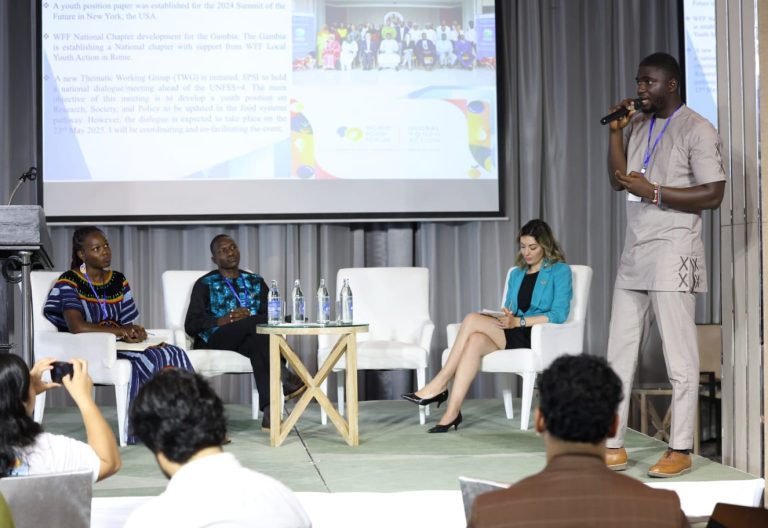How youth can help fortify food systems and national sovereignty
By Shadrack Agaki, May 19, 2025The UN Food Systems Stocktaking Moment youth preparatory meeting in Bangkok, Thailand, offered an unexpected but powerful lens through which to reflect on the role of technical and vocational education and training centres (TVETs) in supporting food systems across generations.
While the global discourse focused on transformation and resilience, I found resonance in Dr Thanapol Lamduan Chadchaidee’s book, Thailand in My Youth. Chadchaidee writes, “In old days every young man had to learn all the skills to lead his own family”. Skills like rice farming, fishing, basket weaving, and tool-making were not only survival tools but the essence of technical and vocational knowledge.
This historical context aligns with the present scenario. As part of the conference, to broaden the youth leader’s viewpoint, we visited a facility established by Thailand’s first education minister who pioneered modernisation of the country’s education. This same facility now houses transformative food systems projects, standing as a symbol of continuity and innovation. It is no wonder Thailand is known as the “rice bowl of Asia”.
Thailand, having never been colonised, can offer a unique model of self-determined development. It served as a powerful pointer for youth leaders: that building internal capacities through technical vocational skills and knowledge can fortify food systems and national sovereignty alike. As Dr Stefanos Fotiou, director of the UN Food Systems Coordination Hub, observed, young people must find and act on solutions both individually and collectively.
But to succeed, youth must embrace diversity of thought, of region, of culture. Just as food systems are diverse and dynamic, so too must be responses. There is no single blueprint. As it was in the past, so it is now: it will take creativity, collaboration and cooperation to solve the complexity of food systems.
Youth today face growing difficulties in building relevant technical skills and knowledge, yet these skills are key to a better life and a more sustainable future. The reawakening of TVET movement calls us to forecast future needs through strategic foresight tools. At the conference, we were challenged to imagine futures beyond today’s geopolitical uncertainties.
While in Bangkok, I read reports about Finnish President Alexander Stubb in Kenya choosing to visit a technical institute. I also gathered that TVET Principal Secretary Dr Esther Muoria was in Australia gathering insights to strengthen TVETs in Kenya. This is a strong political signal about where the future of youth empowerment must be anchored. Just like Thailand in earlier times, today’s youth must acquire hands-on skills and knowledge that allow them to meaningfully contribute to their communities and countries.
I believe, to truly tackle hunger and poverty while staying within planetary boundaries, we must invest in youth, in skills, and in systems. And we must recognise that, as in Thailand’s past, the seeds of transformation lie in minds and hands that know how to build.
The writer is a UN global food systems Youth Leader, Vocational and Technical Trainer, and Communication Consultant
More Articles

